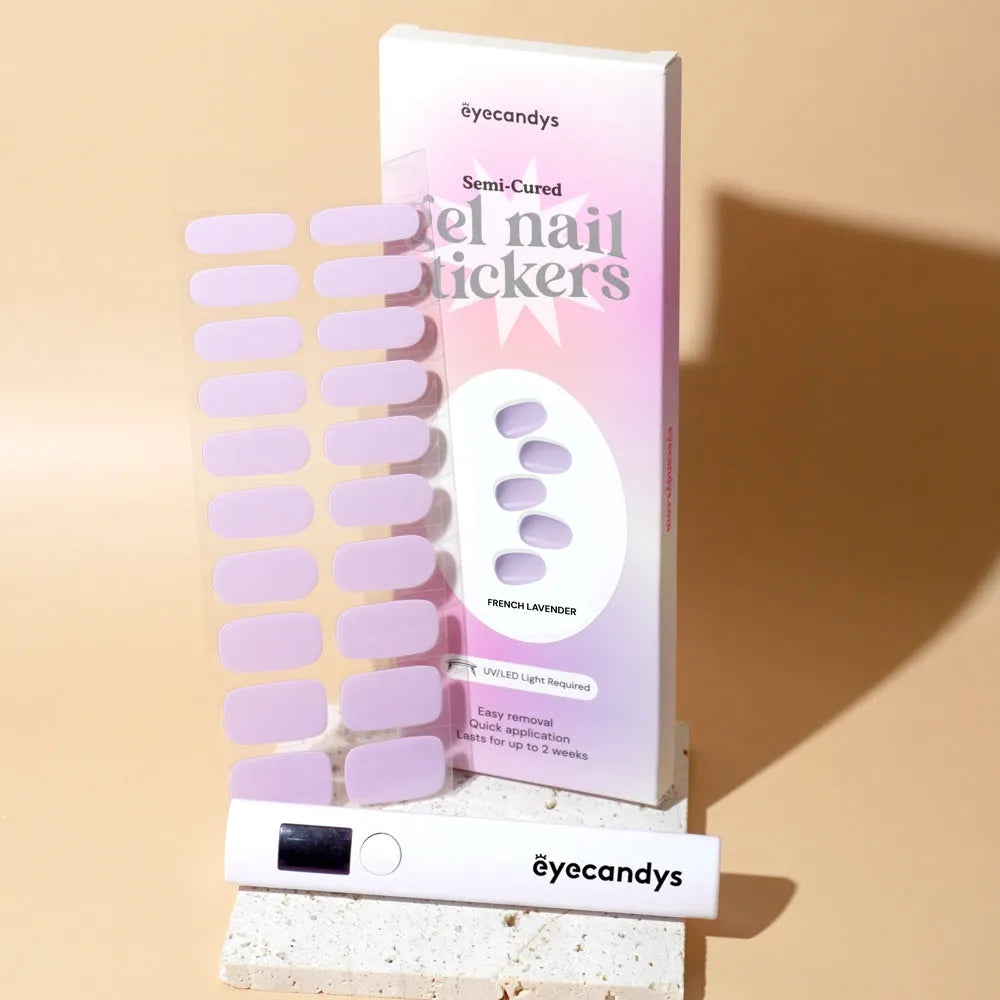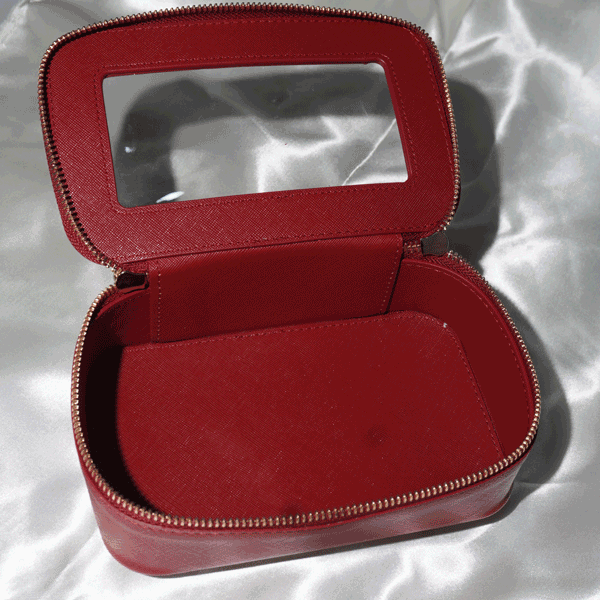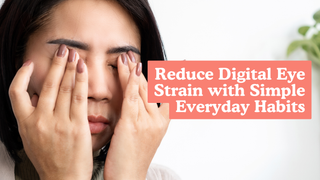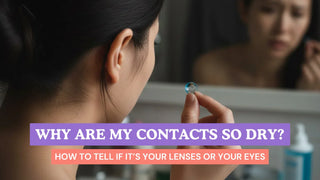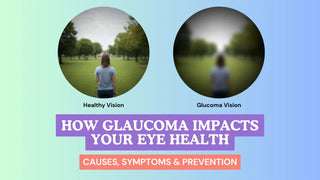Colored contact lenses offer a fun and transformative way to enhance your look or perfect a cosplay character. They can also be prescribed for vision correction, combining cosmetic appeal with practical benefits in one convenient solution.
However, it is unsafe to buy any colored contact lenses without consulting an eye care professional. To prioritize your eye health and safety,we recommend that you follow the steps below to get your colored contact lens, especially your prescription-colored contact lens:
1. Schedule an Eye Exam
The first step is to schedule a comprehensive eye exam with a licensed ophthalmologist or optometrist. This exam will assess your overall eye health, check for underlying conditions, and determine your prescription needs.
2. Discuss Colored Contacts
During your exam, let your eye doctor know you're interested in colored contacts. They can discuss your options, including:
-
Vision Needs: Do you require corrective lenses or are you looking for purely cosmetic colored contacts?
-
Desired Look: What kind of color or effect are you hoping to achieve?
-
Comfort Considerations: Your doctor can advise on different lens materials and durations (daily, weekly, etc.) based on your preferences and eye health.
3. Fitting and Trial
Once your doctor has determined your prescription and chosen colored contact options, they will likely perform a fitting. This ensures the lenses fit your eyes comfortably and properly. You might also be offered trial lenses to wear for a short period to test comfort and vision clarity.
4. Obtaining Your Prescription
After a successful fitting and exam, your doctor will provide you with a contact lens prescription. This document will specify:
-
Base Curve (BC): The curvature of the back of the contact lens that needs to match your cornea shape.
-
Diameter (DIA): The overall size of the contact lens.
-
Power (PWR): Your corrective lens power (if applicable).
-
Brand and name of the colored contacts (if chosen during your exam).
EyeCandys Makes Getting Colored Contacts Easy
EyeCandys makes getting colored contacts easy and offers a wide range of vibrant, comfortable prescription-colored and non-prescription-colored contacts. When you purchase from us, we offer clear instructions and resources to ensure the safe and enjoyable use of your contact lenses.
Additional Tips:
-
Always follow your eye doctor's instructions for wearing, cleaning, and storing your colored contacts.
-
Never share colored contacts with others, as this can spread eye infections.
-
Schedule regular eye exams to monitor your eye health and ensure your prescription remains accurate.
With a valid prescription and the right information, getting colored contacts can be a safe and fun way to express yourself. EyeCandys is here to help you achieve your desired look while prioritizing your eye health!

